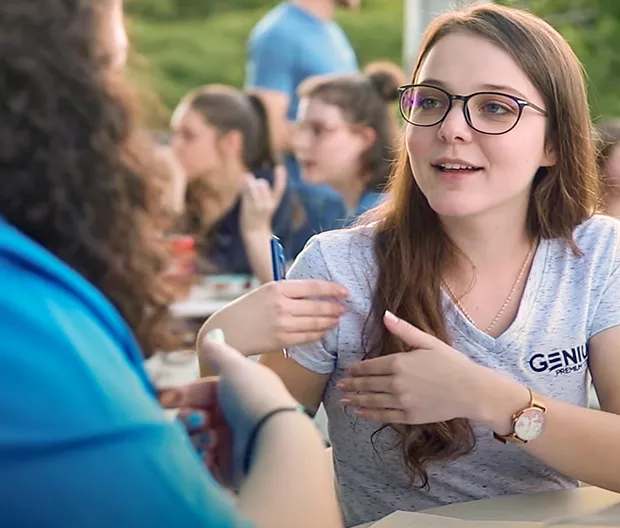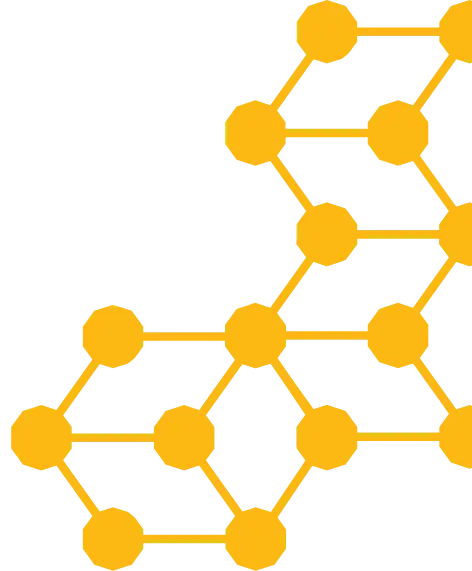

Every one of our GED tutors has passed our tutor training programme with distinction, and then passed the GED at the 99th percentile. Our GED tutors don’t just know the work, they know how to teach it.
Our GED Students frequently improve their scores by 30 to 40 points.
Study habits, routines, interests, and learning style. This entails both an in-depth qualitative and detailed quantitative review of the student’s scholastic career up to that point.
Following the initial family interview, the student will write a full-length GED at our assessment centre. This exam is then carefully analysed to determine the specific subsections and question types to focus on. We also identify the types of mistakes the student tends to make.
Find out more about our Assessment Process
Number operations, algebra, functions, patterns, measurement, geometry, data analysis, statistics, and probability.
Poetry, drama, fiction and nonfiction prose, critical reviews, workplace and community documents.
Organisation, sentence structure, usage, mechanics, and essay writing.
Physics, chemistry, biology, earth science, and space science.
Geography, US history, Canadadian history, world history, civics, government, and economics.
Getting a great score is about so much more than just knowing the content. We teach you test-taking tools, tricks and techniques designed to maximise your score in GED.
Initial Consultation
We begin with a personalised consultation at our Fourways assessment centre, where we gain a thorough understanding of the student’s academic background, study approach, and long-term goals. This process includes both a qualitative discussion and a detailed analysis of their academic performance to ensure we tailor our approach to their unique needs.
Tutor Matching
If tuition is recommended, we carefully select a tutor from our team who aligns with the student’s learning style and personality. Since we work directly with our tutors—not as an agency—we ensure that every student is paired with a mentor they can trust, connect with, and feel motivated to learn from.
Personalised One-on-One Tuition
Lessons take place in the comfort of your home or at school, providing a structured yet flexible learning experience. Tutors establish a strong working relationship with the student, ensuring that lessons are engaging, effective, and aligned with their curriculum. Progress is monitored continuously, with structured work assigned between sessions to reinforce learning and track improvement.

Johanessburg: 51 Turaco, Norscot, Sandton, 2055
Cape Town: 11 Imam Haron Road, Claremont, 7708
"*" indicates required fields
